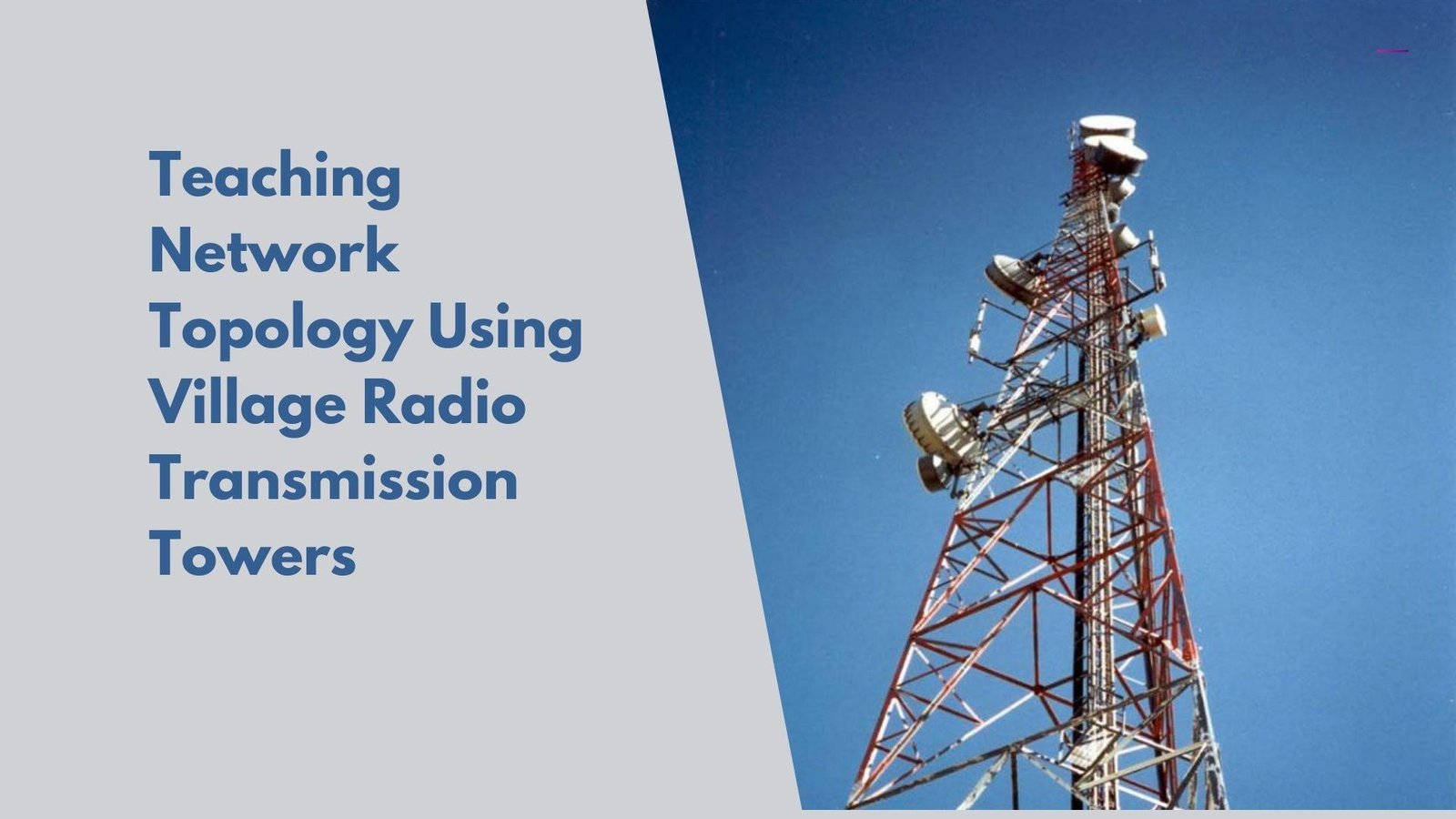Language development is one of the important elements in young ages as it defines interactions, thinking and perception abilities. One of the identifiable ingredient entails local dialects that refer to the regional or cultural variations of a given language. Children in several societies are in a position to be influenced either by the formal and the non-standard language of the area in which they live. It is important to know how local dialects affect early childhood language development as it affects the children’s language development, sense of identity, and academic achievements for parents, teachers, and politicians.
The Role of Local Dialects in Early Language Exposure
Some of the sections are: Early childhood and language development, Language which discusses how during early childhood language development ability is determined by the environment the child grows up in. Country accents are normally the earliest kind of language that a child gets to learn. These dialects may vary from the standard linguistic in phonetic, lexical, and syntactic features. For instance, a child in southern part of the United States may grow up with what is referred to as Southern drawl while a child growing in United Kingdom may grow with cockney or scouse accents.
At birth, children are in a very developmental stage where they are very sensitive to the sounds as well as the flow of the language being used around them. By the time they reach this kind of age, they are also exposed to local dialects, and that makes them learn how to speak in a way that would fit their environment. It fosters early exposure to the child that develop the child’s capacity to identify with the linguistic dialect around him and socialize accordingly.
Cognitive and Linguistic Benefits of Dialect Exposure
Another incentive that people have mentioned is that listening to a local dialect in the early years of a child’s life also helps the child to develop linguistic flexibility. If children have to be exposed to both the local and the standard language, the speaking ability of children gets richer. Code switching you as improve in cognitive aspects such as attentiveness focusing, solving of problems, and flexibility. For instance a child who uses a non-standard variety at home and the standard variety at school is always switching between two varieties which enhances mental flexibility.
However, the local dialects will be of benefit to a child so far as their vocabulary is concerned. Most of the dialects used by children contain words and phrases that are not used in formal language allowing the children to be exposed to more variations of expressions. This makes it possible for them to come up with an even better way of expressing themselves than the previous time, with an extended vocabulary.
The Social and Cultural Impact of Local Dialects
Dialects are a part and parcel of cultural identity and Social relationships among people residing in a particular locality. Young children, therefore, consider learning the dialect of their community as important as they get to core values such as family and friends and embrace their culture. It helps the members to develop positive attitude and feel a sense of pride in their lineage. Kids who learned speaking a regional accent always stay rooted with their local tribe, so they are loyal to their ethnicity.
However, the use of local dialects can also have some problems especially in children’s transition to school education. In most of the cases, schools are used to focusing on the standard language; so children using local language phrases may feel inferior or even uncomfortable. It can be quite challenging for them to deal with the formal language demands that are usually expected in classroom settings. This may result in the learners developing low self-esteem in terms of their language competencies or quit using their own regional varieties of the language and opt for the formal varieties.
Balancing Dialects and Standard Language in Early Education
It is important in implementing this in pre-school and primary schools to ensure that there are things in both local and standard language that should be encouraged for kids to speak. Thus, the teachers and parents should influence the children to appreciate their specific dialects while at the same time guiding them to master the standard version. These two strategies provide the child with the opportunity to retain cultural affiliation while at the same time having to learn a language that will enable him or her to excel academically.
Some of the ways teachers can became sensitive to dialects includes reporting students to share stories or experiences in their local dialect and then encouraged to rewrite in standard English. Besides, it honors children’s ethnicities, meanwhile, it is effective in developing their language proficiency and self-esteem.
Conclusion
Local Dialects are very important in early childhood language development since they contribute to the child’s language development, cultural and social relationships. On the other hand, dialects are an enhancement to cognitive and social growth, it is thus vital so that children attain academic standards that they master the standard language. In doing so, the two dialects and the standard language can be accepted within the children’s environment and this use can assist the young learners to gain confidence while embracing their language skills. This in turn creates social relations which in turn helps the children to feel that they belong to a society while at the same time provide them with the language competence they will require in the future.










